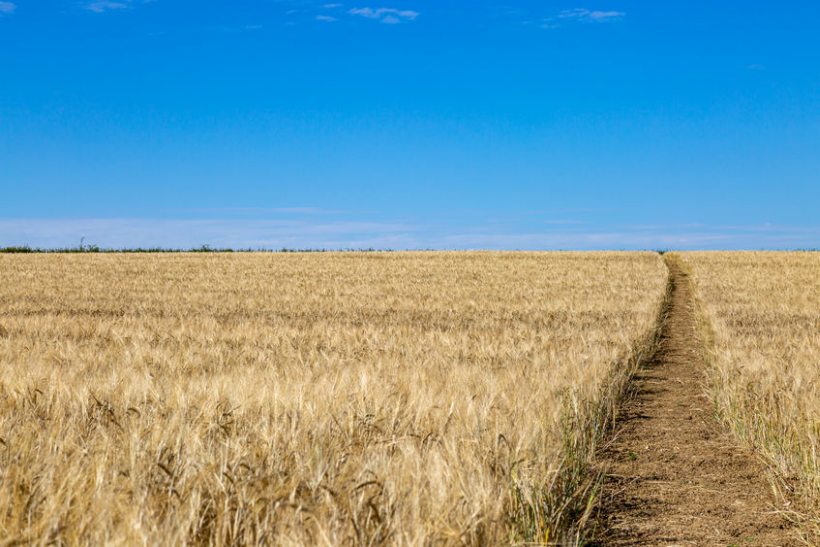
A new project being developed will enable farmers to use big data to help them get better and higher quality yields without high investment costs.
The LinkDAPA project provides arable farmers with a low-cost way to use data to help show areas of their fields that are likely to give higher yields.
For 2020, the University of Reading scheme has developed computer processes that take historical and current data on a farmer’s wheat fields.
It creates maps for fields that shows farmers the potential yield and grain quality variation as well as probabilities that yield/quality will exceed specified thresholds.
The platform enables farmers to receive tailored advice on how to optimise use of resources and increase profitability while minimising risks of environmental damage.
A prototype platform will be available in December 2020, and will be rolled out with partner farms from next year.
Prof Alistair Murdoch, project leader, said the aim was to help farmers use data to help them be more profitable, more precise in their planning and also benefit the environment.
"Complex ‘big’ data sets have up until now been unviable for applying in a small setting, but through LinkDAPA they are now available for each field to optimise profitability of their current crops using precision agriculture approaches," he said.
“One of the exciting developments that we’ve been working on this year is that the LinkDAPA platform is able to predict how likely it is that a farmer will increase their profits by following precision crop management compared to uniform applications.
“Another innovative opportunity that can also be achieved by using the platform is an option of zonal harvesting for to reduce grain drying costs or increase likelihood of achieving higher grain protein quality premium.”
The project has been developed in partnership between the University of Reading, University of Hohenheim, Germany, and agriculture firms John Deere and Agricolus.
It is funded by EIT Food, part of the European Institute of Innovation & Technology (EIT).
